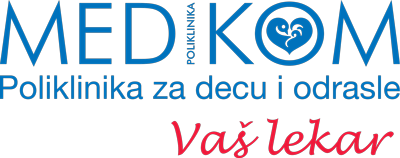Blood fats.
HIGH BLOOD PRESSURE (HYPERTENSION)
High blood pressure is blood pressure over 140 mmHg. The heart disease risk in such persons is five times higher.
OVERWEIGHT (OBESITY)
DIABETES MELLITUS
SMOKING
A sudden heart death risk is three times higher in smokers compared to non-smokers.
AGE
GENDER
Men are much more predisposed to heart diseases while in women the risk increases with menopause.
HEREDITARY FACTORS
The risk is significantly higher if some family members (parents, siblings) had an infarction or angina pectoris. The patient can significantly help himself/herself. To live a healthy and happy life really matters. Each risk factor you overcome successfully is a great achievement. A regular blood pressure monitoring is crucial in early detection of high blood pressure in younger people. Healthy diet is essential. It is necessary to eat as much fruit and vegetables as possible, drink skimmed milk, eat wholemeal and brown bread, fish – twice a week, use oils with greater level of unsaturated fatty acids (olive, sunflower), take oat and barley flakes daily, nuts, hazelnuts, almonds, minimum four times a weak, sweets and sugar – omit them completely from your diet or take them in small quantities; reduce fats intake, have a glass of wine daily with your lunch or supper, reduce your daily intake of salt.
Unless you include regular physical activity in your daily routine, it is not likely you will succeed in obesity and heart disease risk reduction. If you have been as yet inactive, go for a walk at least a few minutes every day and then gradually in time increase your activity.
Smoking is one of the key factors that can lead you to problems with the whole of your body. When a smoker stops smoking it takes just a year for his heart disease risk to decrease and almost equal that of non-smokers.
Control your stress; until our health is compromised, we are not even aware how important it is!
The physician can be a great help in slowing down the aggravation of coronary disease, but it takes an active participation by the patient and his wish to reduce the risk factors he can influence to achieve much more and much faster..




